Hay
-
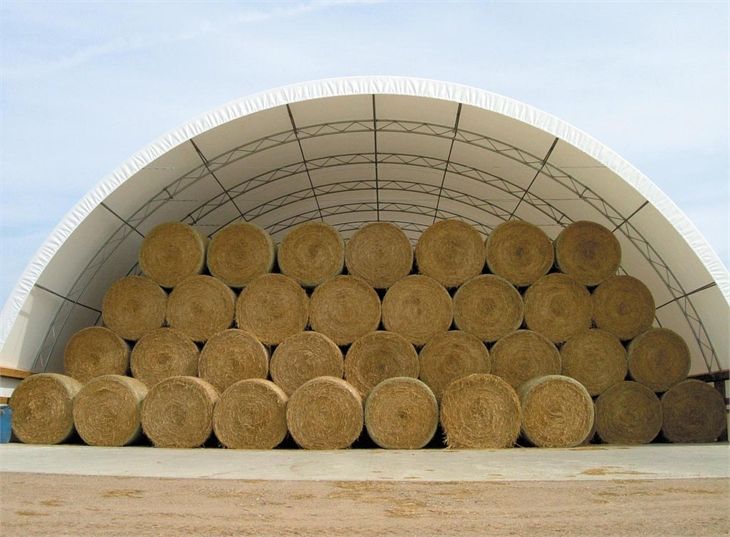
By Roger Gates Whitfield County CEA Livestock producers who have had to purchase hay in dry years do not need economists to describe the impact of supply on price. The value of an adequate supply becomes increasingly obvious as winter transitions to spring if pasture growth is slow or delayed. At least four factors contribute to…
-

By Steve Morgan Harris CEC Hay has many benefits which makes it the most commonly used stored feed option on livestock farms. Unfortunately, a lot of money is lost each year by not investing in suitable storage options. It is estimated that the total value of hay storage and feeding losses nationwide exceed three billion…
-
By Dr. Bill Anderson, Research Geneticist, USDA-ARS When I started as perennial forage grass breeder for ARS sixteen years ago, the primary goal was to develop a cold-tolerant seeded bermudagrass since Tifton 85 seemed to satisfy the sprigged market. The battle was to develop a seeded forage that had high biomass but also high seed production. …
Posted in: Bermudagrass, bermudagrass stem maggot, Grazing, Hay, insects, Uncategorized, Warm Season Perrenials -
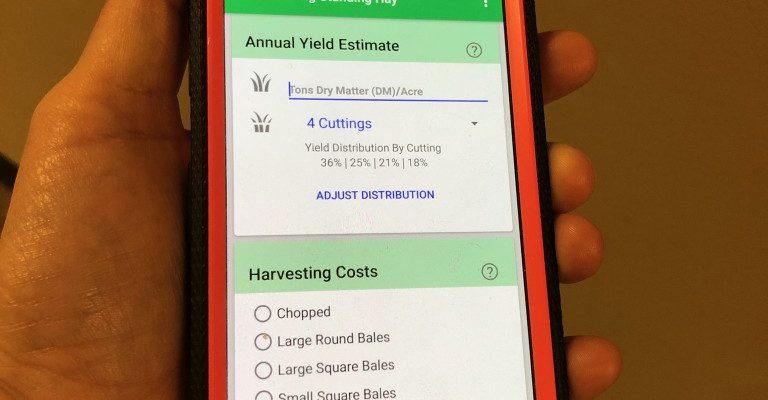
By Savannah Tanner Emanuel County CEA There’s an app for that…there’s always an app for that. In the midst of an ever-increasing technology world, the agricultural industry is no stranger to smart technology. From irrigation apps to field measuring apps, we see widespread, quick, and “at the touch of a button,” farm management tools becoming…
-
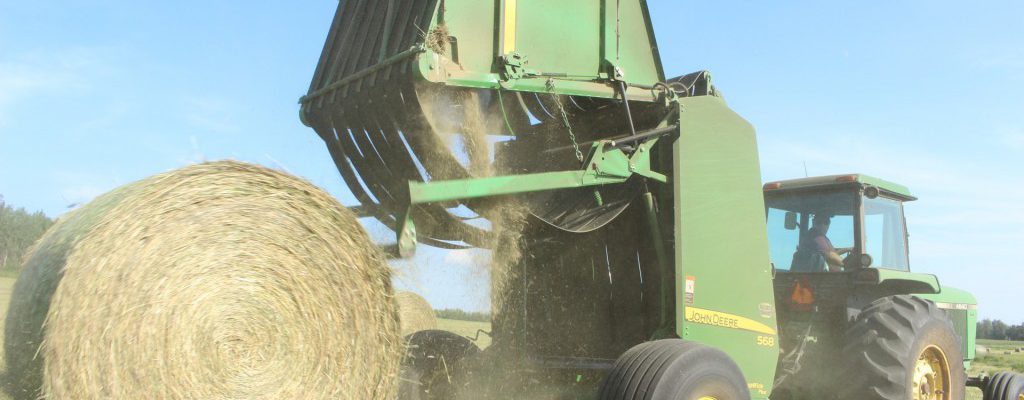
By Carole Knight Bulloch County CEA As temperatures begin to creep up and spring starts to arrive, it is time to start thinking about the coming hay season. Timing is everything when it comes to high-quality hay production. A pre-harvest inspection of your hay making equipment can help make up valuable time and hopefully cut…
-
By Steve Morgan Harris County CEC Weeds can reduce the quantity and the stand life of desirable forage plants in pastures and hayfields. Weeds also impact the aesthetic value of a pasture. Therefore, producers may choose to initiate weed management strategies that reduce the impact of weeds on forage production. The first step in effective…
-
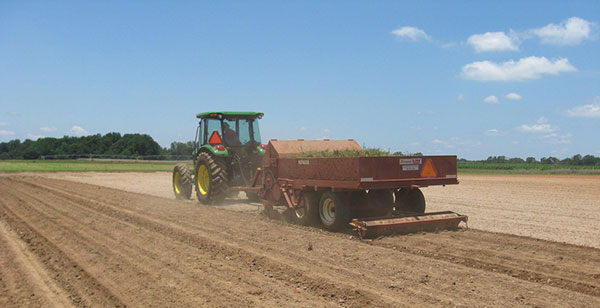
By Erin Forte Churchill Macon County CEC Improved bermudagrass varieties are often accepted as one of the best grazing materials in the Southeast, but the thought of establishing these varieties through sprigging can send even the best cattle producers running for the hills. It doesn’t have to! By following the steps outlined here, you can set yourself up for success with your…
-
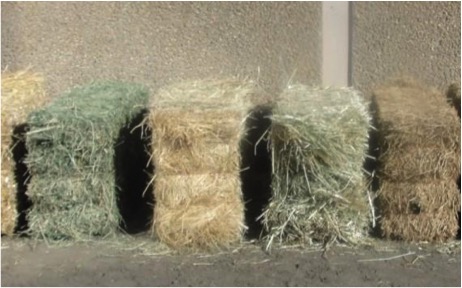
From the January 2019 Issue of the University of Minnesota Extension – Horse Newsletter…. CHOOSING ALTERNATIVE FEEDSTUFFS By: Marcia Hathaway, PhD, University of Minnesota Horse owners may be exploring alternative feedstuffs due to high hay costs, poor quality hay, and/or challenges associated with finding sufficient quantities of hay. When possible, quality hay should make up a…
-

By Jeremy Kichler Colquitt County CEC Every year county agents get questions from producers concerning if they should burn their Bermuda grass hayfields. There are several benefits to burning your hayfield. Burning can help producers manage thatch in their stands. If the thatch layer becomes too thick over time then this can create several issues.…
